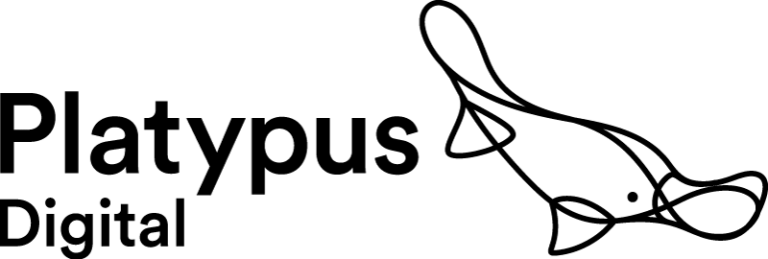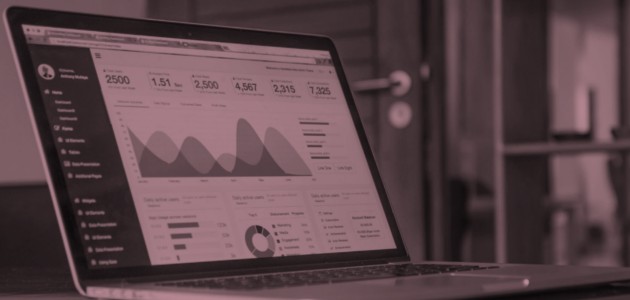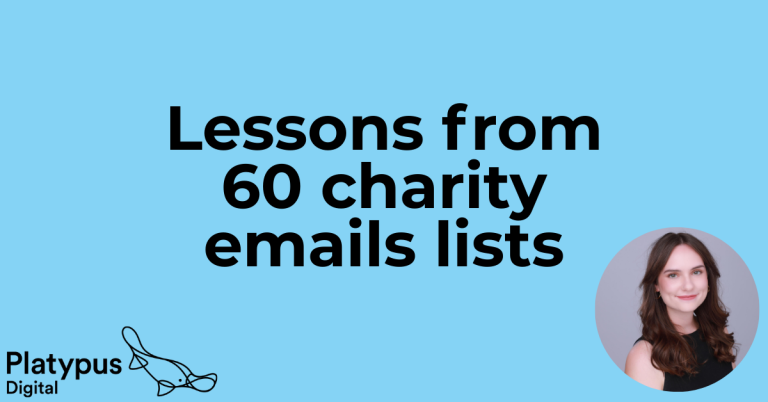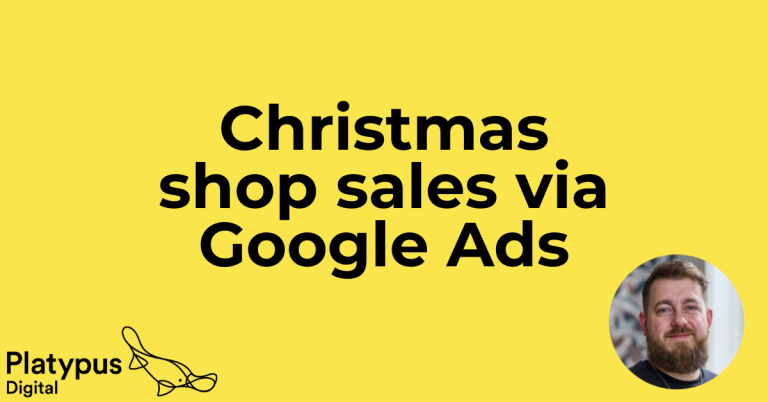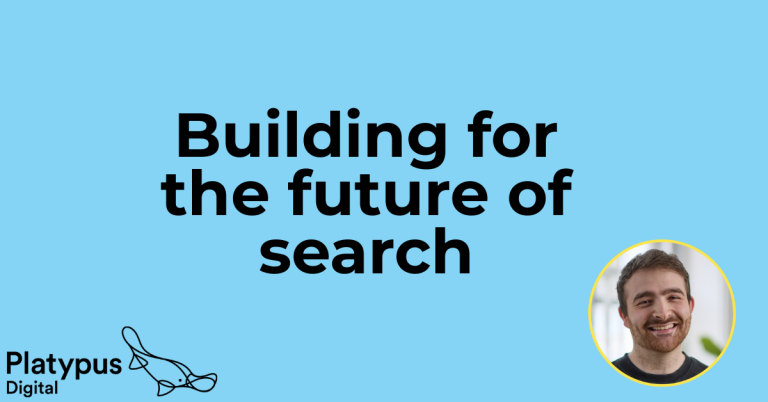Facebook Ads are changing. What does this mean and how can your charity prepare?
On the 17th of December Tim Cook, CEO of Apple Inc posted a tweet that confirmed what we had already heard whispers of. Apple was giving people a choice when it comes to being tracked by Facebook on an iOS device.
We believe users should have the choice over the data that is being collected about them and how it’s used. Facebook can continue to track users across apps and websites as before, App Tracking Transparency in iOS 14 will just require that they ask for your permission first. pic.twitter.com/UnnAONZ61I
— Tim Cook (@tim_cook) December 17, 2020
iOS 14, due to roll out in January, is one of Apple’s most significant iOS updates so far. It includes improvements to how people use iPhones and iPads to browse the internet, and it also means a big change to how user data is collected.
These changes will have a considerable impact on how you maximise and measure the results of paid social campaigns for your charity.
Here at Platypus, we’re solidly of the belief that digital marketing needs to be more ethical, more transparent, and more empowering for everyday users. That’s why we’re part of CAN. Giving users more control over their data and their movements on the internet is vital to an open, trustworthy web – and we know that our clients share the same values.
But the new changes will affect the way your charity can use Facebook Ads to meet and measure your goals.
What the iOS14 changes mean
Ultimately, iOS14 users will now have to give their permission to apps if they want to be tracked. We predict that a substantial proportion of users will opt out of data tracking.
And it doesn’t just affect Facebook – it also affects other apps that collect data on users, like TikTok, Snapchat, and Amazon.
Suppose you’re a charity that has utilised Facebook’s 9 standard events and an army of custom conversions to track and measure conversions across your website. In that case, the new changes will significantly curtail your ability to do that.
These changes only affect reporting through Facebook Ads Manager, not Google Analytics – so you will still be able to use Google Analytics to view reports as usual.
This will affect the way in which you can run ads, measure performance and engage your customers using Facebook Ads.
How will the iOS14 changes impact your charity?
- You will likely see a drop off in conversions being tracked as data is lost. This will mean that your calculations won’t take into account people who have opted not to be tracked, and the value of their donations or behaviour. ROAS and ROI calculations are likely to be more conservative than reality.
- Your ability to use the pixel to optimise campaigns will be reduced. For example, if you are optimising for an event such as ‘Donate’ it will be harder for Facebook to find the right people that will take the action you require. Fewer people will opt in to be tracked, limiting the data the pixel can use to learn about your supporters.
- There will be an impact on delivering personalised campaigns, such as retargeting iOS14 users who haven’t completed a donation or registration, or with the item that they added to their basket.
- The attribution window is being shortened to 7-day click and 1-day view and in late January will be shortened to 7-day click only. If you were using Facebook’s default window, which is 28 days and 1-day view, you would likely see fewer reported results from your ads – but if you’re a client, we already use 7-day click as default for fundraising campaigns.
- You will only be allowed to track 8 events per domain. Initially, Facebook will decide what 8 events work the best for your charity. In time, you will be able to select and rank your events in order of importance. The image below demonstrates why ranking is important. (Image from Facebook).
- Audience data might not be as accurate. Facebook relies on signals from users to sort them into demographics and interest groups, like what kinds of groups they join and what kind of content they interact with. If this data is not being tracked, Facebook has less rich information for you to use to target audiences.
Although the full impact of this will probably not be seen until the end of 2021 as people update to the new operating system, it’s essential to start preparing.
What charities should do to prepare for the iOS14 changes
- Check to see what percentage of your traffic and revenue is driven by Apple devices. You can run reports to do this. It’s important to know how much of your regular traffic will be affected by these changes.
- Compare current data from Facebook with your Google Analytics account. By understanding what data is missing, or that you might lose, and the proportion of traffic driven by iOS14 devices, you will be able to predict the impact of these changes better.
- Verify your Domain within Business Manager. This is Facebook’s top tip and will allow you authority over which events are eligible for your domain.
- Condense the macro and micro events you track down to 8 key events. What are the key things you are asking people to do on your website, and how can you best group them into 8 or fewer events? You should retain page views and donate, no doubt – but other behaviours or actions might be things like challenge event registrations, or newsletter sign ups. As you do that, think about how you would rank them in order of importance. Once ranking functionality becomes available you’ll be one step ahead!
- Consider a marketing, fundraising or digital strategy that strengthens your ‘owned’ data. That’s data that you control such as email addresses and phone numbers. We harp on a lot about list growth, and it’s for a good reason – once a supporter signs up to your email list, they’re giving you permission to market to them (privacy policy depending, of course). And that makes them much more valuable than a cold Facebook contact. Lead generations ads are a great way to build your lists effectively and can integrate directly with your CMS.
- Install Facebook’s Conversion API. Although not directly related, it will help track results as we move to a cookieless world. This is Facebook’s back up to their Pixel and allows them to track events server-side rather than through the browser.
What Platypus is doing to prepare for the iOS14 changes
We work with a lot of clients to manage and measure a range of different campaigns throughout the year. This spans everything from challenge event registrations to emergency appeals to promoting helplines and support services.
Moving forward, we are:
- Regularly liaising with other agencies and industry professionals, and keeping up to date with Facebook and Apple’s updates so that we can update our clients about any new changes that might affect them.
- Keeping records on impression and conversion devices for each of the campaigns that we run, so that we can measure the impact before and after these changes.
- Working with clients to consolidate events into 8 or less key transactions, so that we can capture the full breadth of behaviours across the website, no matter how big or small.
- Working with clients to ensure that ensure best practice monitoring and tracking architecture across their whole website and campaigns. This could mean mapping out your website and looking at how the standard events can be laid out across all of your pages.
- Working with clients to reassess ROAS measurements, as these will now not account for untracked behaviour and donations.
- Working with clients to suggest other ways of data capture or increasing opt-ins, such as running lead generation campaigns or two-step campaigns.
If you’re feeling overwhelmed (understandable!) just remember that Facebook Ads remain a very powerful part of your digital marketing strategy.
Just like the GDPR regulations, or advertiser approval procedures, which seemed like seismic changes when they were introduced, we as an industry will learn and adjust.
This is a nudge for charities to start thinking a little more big-picture about how your advertising campaigns relate to your goals as an organisation, and how your website reflects and tracks those goals. And if you have any questions, we’re here to help guide you through or point you in the right direction.
